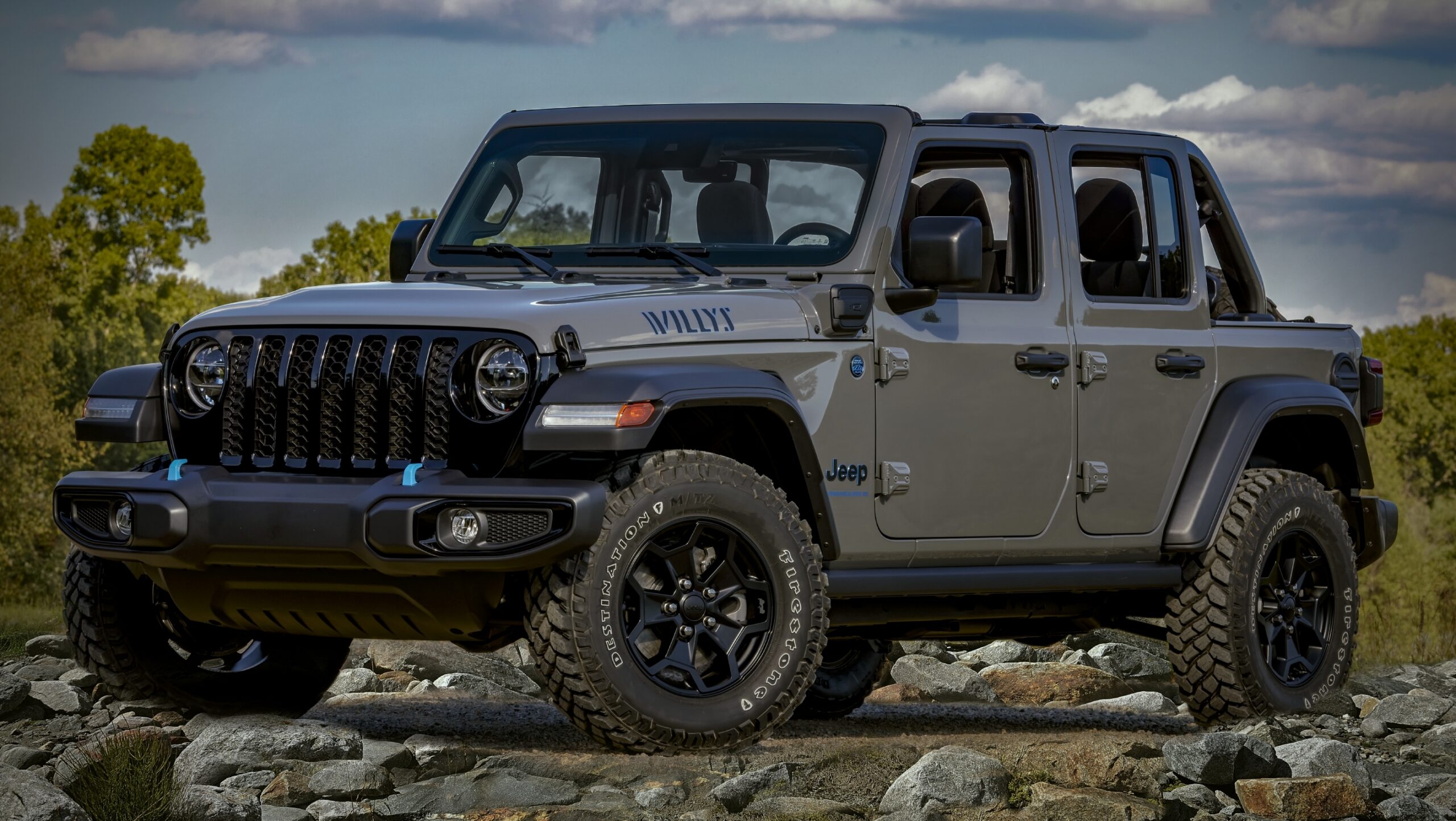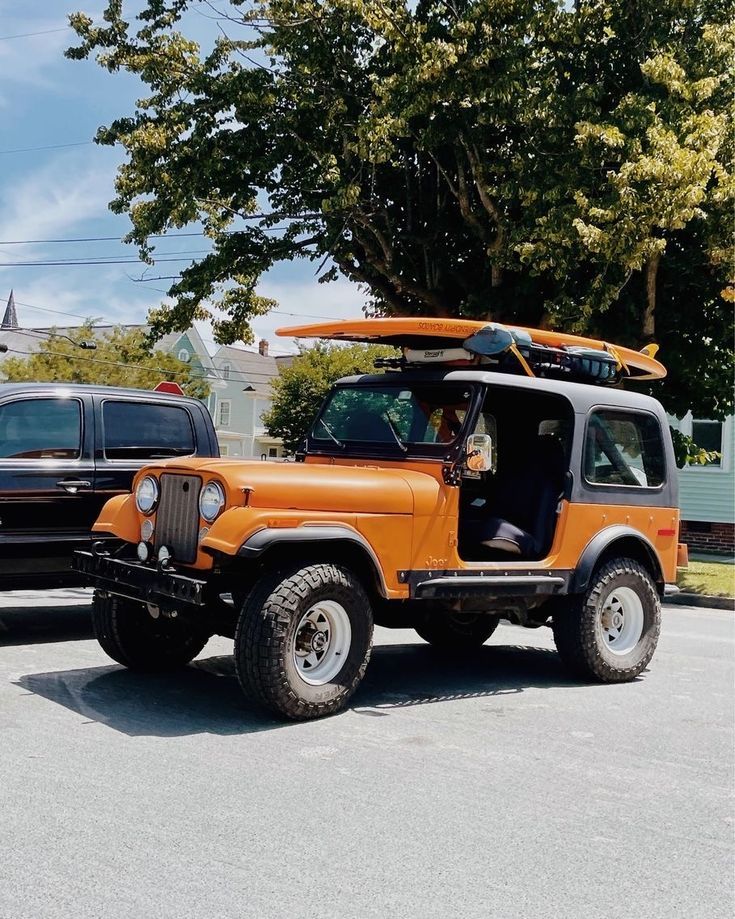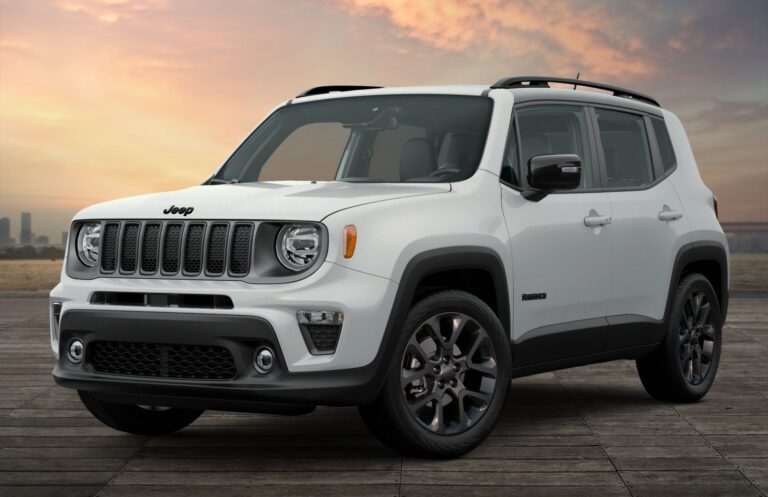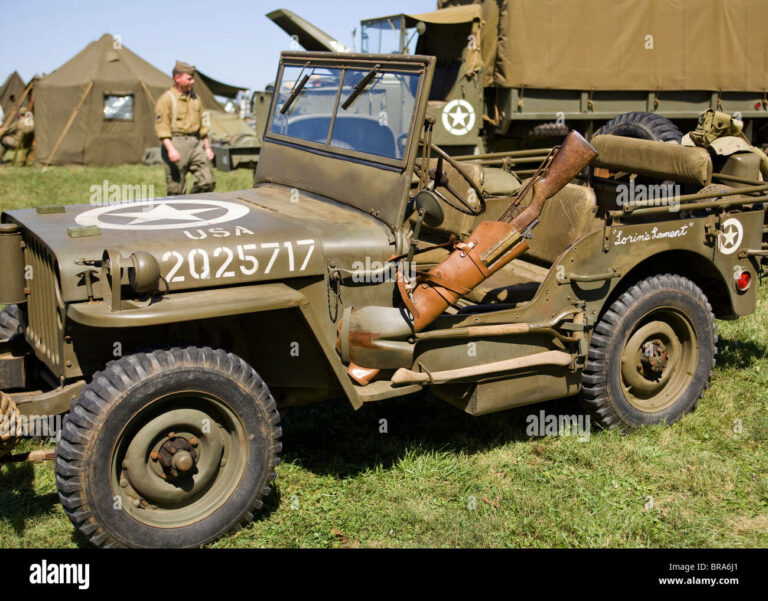Jeep Hauler Trailer For Sale: Your Ultimate Guide to Transporting Your Off-Road Beast
Jeep Hauler Trailer For Sale: Your Ultimate Guide to Transporting Your Off-Road Beast jeeps.truckstrend.com
For any serious Jeep enthusiast, the thrill of off-roading is undeniable. Conquering rugged trails, navigating rocky terrains, and exploring the wilderness are what Jeeps are built for. However, driving your prized off-road vehicle to every distant trail or bringing it home after a particularly challenging adventure can take a toll on both the Jeep and your tow vehicle. This is where a Jeep Hauler Trailer becomes an indispensable asset.
A Jeep hauler trailer is specifically designed to transport your off-road vehicle safely and efficiently from one location to another. Whether you’re heading to a remote trail, relocating, or simply taking your rig to the mechanic, a dedicated hauler protects your Jeep from unnecessary wear and tear on the road, saves miles on its odometer, and ensures it arrives at its destination ready for action. This comprehensive guide will delve into everything you need to know about finding, selecting, and purchasing the perfect Jeep hauler trailer for sale, transforming your off-road logistics from a headache into a seamless operation.
Jeep Hauler Trailer For Sale: Your Ultimate Guide to Transporting Your Off-Road Beast
Why You Need a Jeep Hauler Trailer
Owning a Jeep hauler trailer isn’t just about convenience; it’s about preserving your investment and enhancing your off-road lifestyle. Here’s why it’s a crucial acquisition for any dedicated Jeep owner:
- Protecting Your Investment: Driving your highly modified off-road Jeep long distances on pavement can accelerate wear on knobby tires, suspension components, and the drivetrain. Hauling it preserves these specialized parts for their intended use: off-road adventures.
- Fuel Efficiency and Savings: Many Jeeps, especially those with larger tires and lift kits, aren’t the most fuel-efficient vehicles on the highway. Towing your Jeep with a more highway-friendly tow rig can lead to significant fuel savings over long distances.
- Safety and Reliability: After a grueling day on the trails, your Jeep might be muddy, scratched, or even have minor mechanical issues. Hauling it ensures you’re not risking a breakdown on the highway, especially when tired. It also keeps your precious cargo secure.
- Compliance with Regulations: Some states or regions have regulations regarding oversized tires, lift kits, or other modifications that might make your Jeep less street-legal for long hauls. A trailer bypasses these concerns.
- Comfort and Convenience: Driving a modified Jeep long distances can be uncomfortable and noisy. Towing it allows you to travel in the comfort of your tow vehicle, arriving refreshed and ready to hit the trails.
- Emergency Preparedness: Should your Jeep experience a major mechanical issue on the trail or far from home, having a hauler means you’re prepared to retrieve it without relying on expensive recovery services.
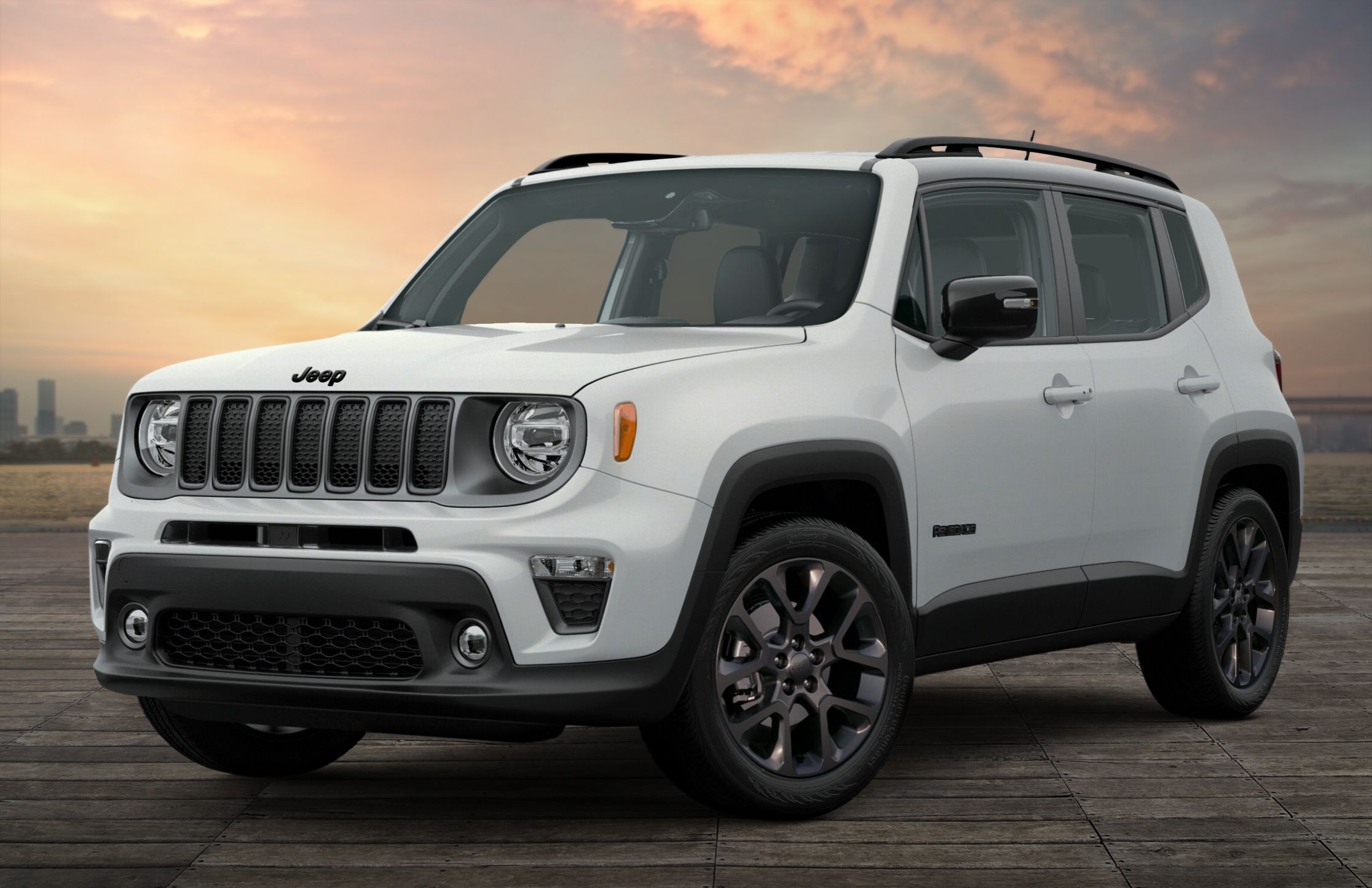
Types of Jeep Hauler Trailers
When searching for a "Jeep Hauler Trailer For Sale," you’ll primarily encounter two main types, each with its own advantages and disadvantages:
1. Open Car Haulers (Flatbed Trailers)
These are the most common and often the most affordable type of trailer for hauling a Jeep. They consist of a flat deck or two parallel tracks with open sides.
- Pros:
- Affordability: Generally less expensive to purchase than enclosed trailers.
- Visibility: Easier to see your cargo and maneuver the trailer.
- Weight: Lighter, potentially requiring less powerful tow vehicles.
- Versatility: Can be used for hauling other items besides a Jeep (lumber, ATVs, etc.).
- Maintenance: Simpler design often means less maintenance.
- Cons:
- Exposure: Your Jeep is exposed to the elements (rain, sun, road debris).
- Security: Less secure against theft or tampering compared to enclosed trailers.
- No Storage: Offers no additional enclosed space for tools, gear, or spare parts.
2. Enclosed Car Haulers
These trailers fully encapsulate your Jeep within a box-like structure, offering superior protection and additional utility.
- Pros:
- Protection: Completely shields your Jeep from weather, road grime, and debris.
- Security: Offers enhanced security against theft and vandalism.
- Storage: Provides ample space for tools, spare parts, camping gear, and other essentials, often with shelving and cabinets.
- Professional Appearance: Can project a more professional image if used for commercial purposes.
- Cons:
- Cost: Significantly more expensive to purchase than open trailers.
- Weight: Heavier, requiring a more robust tow vehicle and potentially impacting fuel economy.
- Maneuverability: Larger and wider, making them more challenging to maneuver and park.
- Maintenance: More complex, with potential for issues with doors, vents, and interior components.
- Visibility: Limited rear visibility due to the enclosed nature.
While car dollies can be used for some vehicles, they are generally not recommended for Jeeps, especially those with 4×4 or complex drivetrains, as they often require disconnecting drive shafts to prevent damage. A dedicated hauler is always the safer and more reliable choice.
Key Considerations When Buying a Jeep Hauler Trailer
Purchasing a "Jeep Hauler Trailer For Sale" involves more than just finding the lowest price. Careful consideration of these factors will ensure you select a trailer that meets your needs safely and effectively:
-
Weight Capacity (GVWR & GAWR): This is paramount.
- GVWR (Gross Vehicle Weight Rating): The maximum permissible weight of the trailer AND its cargo. You must know the exact weight of your Jeep (including any modifications, gear, and fuel) and ensure the trailer’s GVWR comfortably exceeds it.
- GAWR (Gross Axle Weight Rating): The maximum weight that each individual axle can support. Ensure the sum of GAWRs meets or exceeds your Jeep’s weight.
- Tongue Weight: The downward force exerted by the trailer’s tongue on the tow hitch. Typically 10-15% of the total loaded trailer weight. Too little or too much can lead to dangerous sway or excessive stress on your tow vehicle.
- Know Your Jeep’s Weight: Don’t guess! Look up your Jeep’s curb weight and add estimated weight for modifications (bumpers, winches, armor, larger tires, gear).
-
Trailer Size (Deck Length & Width):
- Measure your Jeep from bumper to bumper, including any tire carriers or winches. Add a few feet for maneuvering space. Common lengths are 18-24 feet.
- Measure your Jeep’s width from outside of tire to outside of tire. Ensure the trailer deck is wide enough, especially if you have wide axles or offset wheels.
-
Axles: Single, Tandem, or Triple:
- Single Axle: Only suitable for very light Jeeps or smaller vehicles. Less stable, no redundancy if a tire blows.
- Tandem Axle (Dual Axle): The most common and recommended choice for Jeeps. Offers superior stability, distributes weight better, and provides redundancy in case of a tire failure.
- Triple Axle: For very heavy Jeeps or multiple vehicles. More tires mean more drag and maintenance, but offer maximum capacity and stability.
-
Braking System:
- Most states require brakes on trailers over a certain weight (often 1,500-3,000 lbs GVWR). For a Jeep hauler, brakes are essential.
- Electric Brakes: Most common, controlled by a brake controller in your tow vehicle.
- Surge Brakes: Actuated by the trailer pushing against the tow vehicle.
- Breakaway System: A safety feature that applies the trailer brakes if it detaches from the tow vehicle. Mandatory in many areas.
-
Tires and Wheels:
- Ensure trailer tires are in good condition and rated for the trailer’s GVWR. Look for "ST" (Special Trailer) rated tires.
- Check the age of the tires (DOT date code); trailer tires can dry rot even with good tread.
-
Ramps:
- Slide-out/Stow-away Ramps: Conveniently store under the deck.
- Fold-up Ramps: Integrated into the rear of the trailer.
- Stand-alone Ramps: Separate ramps that need to be stored.
- Ensure ramps are long enough for a gentle loading angle, especially with lifted Jeeps, and strong enough to support the Jeep’s weight.
-
Tie-Down Points:
- Look for sturdy D-rings, stake pockets, or other secure points for strapping down your Jeep. There should be at least four, preferably six or more.
-
Condition (for Used Trailers):
- Frame: Inspect for cracks, bends, excessive rust, or poor welds.
- Decking: Check for rot, soft spots, or damage.
- Wiring and Lights: Test all lights (running, brake, turn signals). Check wiring for fraying or corrosion.
- Axles, Bearings, Brakes: Listen for grinding, check for excessive play. Ask when bearings were last serviced.
- Crucial! Ensure the seller has a clear title and it matches the VIN on the trailer.
Where to Find Jeep Hauler Trailers For Sale
The market for "Jeep Hauler Trailer For Sale" is diverse, offering options for every budget and preference:
- New Trailer Dealerships: Offer the latest models, warranties, financing, and often customization options. Prices are higher.
- Used Trailer Dealerships: A good source for pre-owned trailers, often inspected and serviced.
- Online Marketplaces:
- Facebook Marketplace/Groups: Local sales, often good deals, but require careful inspection. Look for Jeep-specific hauling groups.
- Craigslist: Similar to Facebook, but exercise caution due to scams.
- Specialized Forums: Off-road forums, Jeep club forums, and trailer forums often have classified sections.
- Online Auction Sites (eBay, GovDeals, etc.): Can yield good deals, but "buyer beware" is crucial as inspection is often limited.
- Trailer Manufacturers: Some manufacturers sell directly or have dealer locators on their websites.
- Local Ads/Word of Mouth: Check community bulletin boards, local papers, or ask fellow off-roaders.
Tips for a Successful Purchase
- Do Your Homework: Research your Jeep’s specific weight and dimensions. Understand your tow vehicle’s towing capacity (including tongue weight limits).
- Inspect Thoroughly (Used): Never buy sight unseen. Bring a flashlight, magnet (to check for body filler over rust), and even a mechanic if you’re unsure.
- Ask Questions:
- Why are you selling?
- How old is the trailer?
- What is the GVWR and GAWR?
- When was the last maintenance (bearings, brakes)?
- Has it ever been in an accident?
- Does it have a clear title?
- Verify the Title and VIN: Ensure the VIN on the title matches the VIN on the trailer. Check for liens.
- Negotiate: Don’t be afraid to haggle, especially on used trailers.
- Factor in Additional Costs: Remember to budget for registration, insurance, tie-down straps, a spare tire for the trailer, and potentially a weight distribution hitch or sway control.
- Test Hook-Up (If Possible): If buying used, try hooking it up to your tow vehicle to check lights and brakes.
Preparing Your Jeep and Trailer for Transport
Once you have your hauler, proper loading and securement are critical for safety.
- Load Distribution: Position the Jeep so that 10-15% of the total loaded weight is on the tongue. Too far forward, and you overload your tow vehicle. Too far back, and you risk dangerous sway.
- Secure the Jeep:
- Chock the wheels: Before and after loading.
- Use proper tie-downs: Four high-quality ratchet straps are the minimum. Consider wheel nets for a secure hold without compressing the suspension.
- Secure to frame/axles: Attach straps to the strongest points of your Jeep’s frame or axles, not just suspension components that can move. Avoid strapping over body panels.
- Leave in neutral (4×4): For many 4×4 vehicles, it’s best to leave the transfer case in neutral (or a 2WD setting if possible) to prevent drivetrain binding during turns. Check your Jeep’s owner’s manual for specific towing instructions.
- Remove loose items: Secure anything inside or on the Jeep that could become a projectile.
- Trailer Check:
- Lights: Verify all running, brake, and turn signals work.
- Tires: Check tire pressure on both the trailer and tow vehicle.
- Hitch: Ensure the hitch is properly latched and the safety chains are crossed and attached.
- Breakaway cable: Connect the breakaway cable to your tow vehicle (not the safety chains).
- Driving Considerations: Drive slower, allow more braking distance, and take wider turns. Be mindful of increased wind resistance and potential sway.
Estimated Price Guide for Jeep Hauler Trailers
Prices for "Jeep Hauler Trailer For Sale" vary widely based on type, size, features, brand, condition (new vs. used), and location. This table provides a general range for common configurations.
| Trailer Type | Condition | Key Features & Considerations | Estimated Price Range (USD) |
|---|---|---|---|
| Open Car Hauler | Used | Basic steel frame, wood/metal deck, 18-20 ft, tandem axle, ramps. | $2,000 – $6,000 |
| New | Steel/aluminum frame, 18-22 ft, tandem axle, electric brakes, LED lights. | $4,500 – $12,000 | |
| Enclosed Car Hauler | Used | Steel frame, 20-24 ft, tandem axle, ramp door, basic interior. | $8,000 – $20,000 |
| New | Steel/aluminum frame, 20-28 ft, tandem/triple axle, ramp door, side door, interior lighting, possibly cabinets. | $15,000 – $40,000+ | |
| Specialty/Heavy-Duty | New/Used | Custom built for oversized Jeeps, extra strong axles, hydraulic ramps, specialized features. | $10,000 – $50,000+ |
Note: These are general estimates. Prices can be lower for very basic or heavily used trailers, and significantly higher for premium brands, custom builds, or advanced features.
Frequently Asked Questions (FAQ)
Q1: What size trailer do I need for my Jeep?
A1: You need to know your Jeep’s exact length (bumper to bumper, including accessories) and width (outer tire to outer tire). A common size for a single Jeep is an 18-20 foot tandem axle open trailer. For larger, modified Jeeps or enclosed trailers, 22-24 feet or longer may be necessary. Always add a few feet for safety and maneuvering space.
Q2: Can I use a car dolly for my Jeep?
A2: While technically possible for some 2WD vehicles, it is generally NOT recommended for Jeeps, especially 4×4 models. Towing a 4×4 with only two wheels on the ground can cause severe damage to the drivetrain (transmission, transfer case, axles) unless specific procedures (like disconnecting drive shafts) are followed. A full car hauler is always the safest option.
Q3: What’s the difference between GVWR and GAWR?
A3: GVWR (Gross Vehicle Weight Rating) is the maximum total weight the trailer itself (including its cargo) can be. GAWR (Gross Axle Weight Rating) is the maximum weight that a single axle can support. Your loaded trailer’s weight must be less than its GVWR, and the weight on each axle must be less than its GAWR.
Q4: Do I need special insurance for a trailer?
A4: In most cases, your tow vehicle’s liability insurance will extend to the trailer while it’s hitched. However, this typically doesn’t cover damage to the trailer itself or its contents. It’s highly recommended to get separate physical damage coverage for your trailer and its cargo, especially if it’s an expensive asset. Check with your insurance provider.
Q5: How do I properly tie down my Jeep on the trailer?
A5: Use at least four high-quality, load-rated ratchet straps. Attach them to strong, structural points on your Jeep’s frame or axles, avoiding suspension components that can move. Ensure the straps pull slightly forward and outward to prevent movement. Wheel nets are an excellent option as they secure the wheels directly, allowing the suspension to articulate without loosening the straps.
Q6: What maintenance does a trailer require?
A6: Regular maintenance includes checking tire pressure before each trip, inspecting tire tread and sidewalls for damage, lubricating wheel bearings (annually or every 10,000 miles), checking brake functionality, inspecting wiring and lights, and ensuring all nuts and bolts are tight. Also, check the coupler and safety chains for wear.
Q7: Is it better to buy a new or used Jeep hauler trailer?
A7: This depends on your budget and needs. New trailers offer warranties, the latest features, and peace of mind, but at a higher cost. Used trailers are more affordable but require thorough inspection and may need immediate maintenance. If buying used, prioritize a clear title, solid frame, and working brakes/lights.
Conclusion
Finding the right "Jeep Hauler Trailer For Sale" is a significant step for any serious off-road enthusiast. It’s an investment that pays dividends in protecting your vehicle, enhancing your comfort, and expanding your off-roading horizons. By understanding the different types of trailers, carefully considering key specifications like weight capacity and axle configuration, and knowing where to search and what questions to ask, you can confidently navigate the market.
Remember, safety should always be your top priority. A well-matched tow vehicle, a properly maintained trailer, and meticulous securement of your Jeep are non-negotiable. With the perfect hauler in tow, you’ll spend less time worrying about the journey and more time enjoying the trails, knowing your Jeep is transported safely and ready for its next adventure. Happy hauling!
